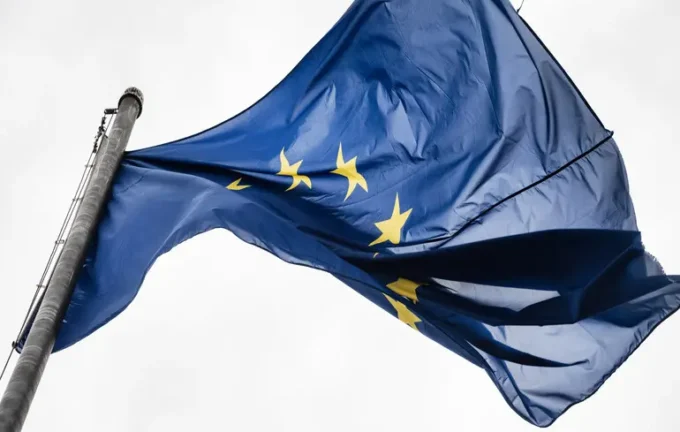EU Prepares for Emergencies: Strategic Reserves of Critical Minerals and Resources Amid Rising Geopolitical and Climate Threats

In an increasingly uncertain global landscape marked by escalating geopolitical conflicts, climate crises, and technological threats, the European Union has announced an ambitious plan to bolster its security and resilience. Brussels recently unveiled a comprehensive initiative to develop strategic reserves of vital minerals, repair components for communication cables, and essential resources necessary for energy and defense sectors. This proactive step aims to prepare the EU for potential external attacks, unforeseen crises due to climate change, and industrial accidents. According to an EU Commission document, the rising risk levels are driven by intensifying geopolitical tensions, armed conflicts worldwide, as well as growing cyber and hybrid threats. Last year, several incidents involving sabotage of underwater communication cables and pipelines heightened concerns about critical infrastructure vulnerability. Consequently, Brussels urges member states to strengthen cooperation in stockpiling food supplies, medicines, and nuclear fuel to ensure rapid response capabilities during emergencies. Special modules for repairing cables and long-term reserves of rare earth elements and magnets are planned to secure energy independence and military readiness. Additionally, a network of backup storage facilities is being created to improve coordination among countries and optimize resource management. The EU also emphasizes increasing collaboration with private sector entities and NATO to enhance infrastructure and resource security. Recognizing the complexity of contemporary threats, the EU considers cyberattacks, climate change, and hybrid warfare as pressing challenges that require collective action. Climate change itself is progressing at twice the global average pace within Europe, underscoring the importance of strategic preparedness. In March, the EU recommended households prepare supplies for at least 72 hours in case of emergencies. Furthermore, the EU already operates a fleet of firefighting aircraft, medical evacuation planes, and field hospitals across its 22 member states as part of its disaster response program. The ongoing strategy involves establishing a common reserve network, updating resource lists according to regional and crisis specifics, and engaging the private sector through fiscal incentives. Enhanced cooperation with allies and improved infrastructure for strategic resources are seen as key steps to protect European populations from future crises. The draft of this strategy is expected to be released next week, with potential modifications before final approval. Analysts emphasize that EU member states must remain vigilant and prepared for evolving threats, including cyberattacks, hybrid warfare, and climate-induced disasters.

